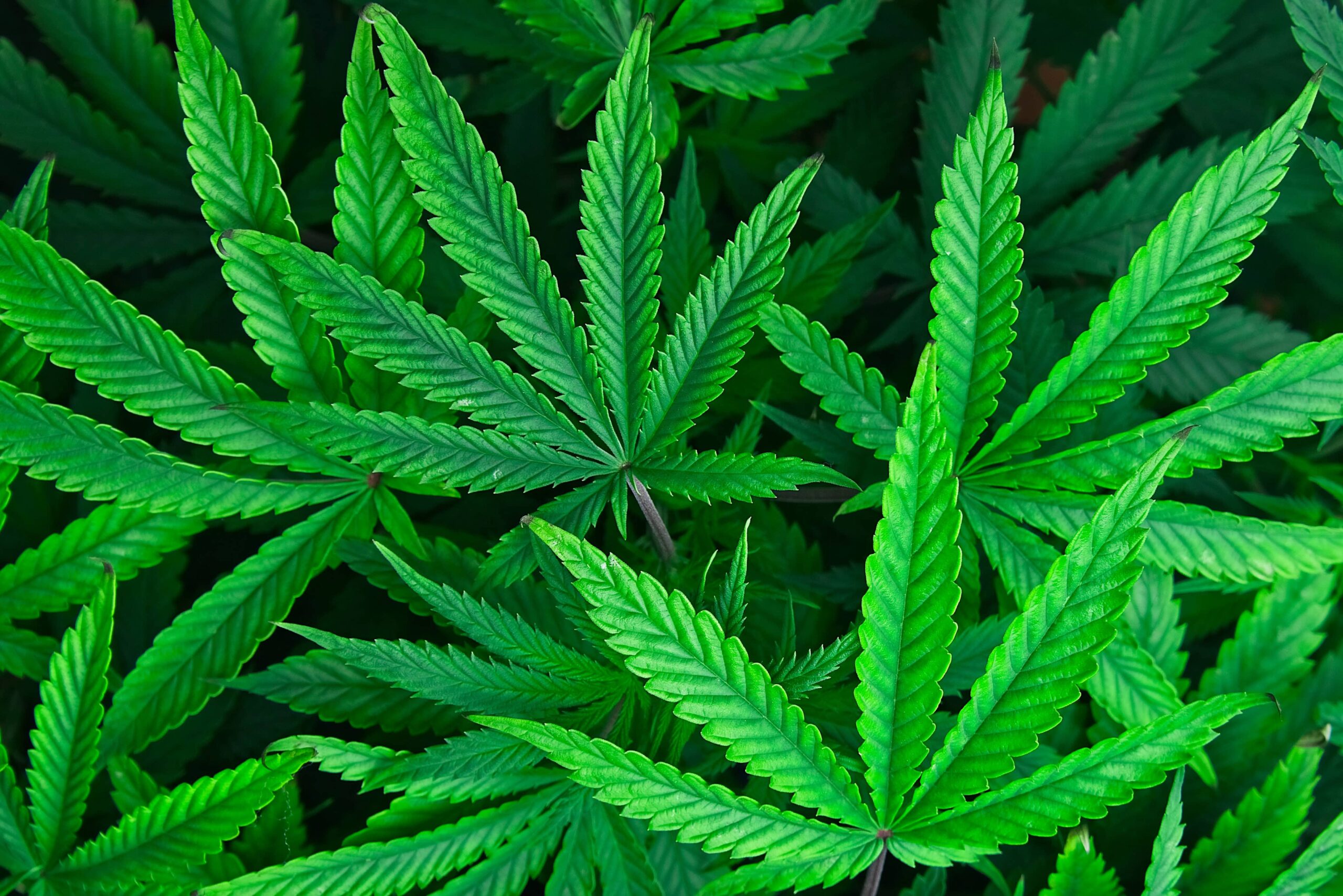
The legalization of cannabis in Thailand has been criticized as too much and too soon
One thing is true about cannabis legalization, no matter where it occurs: nobody gets it right the first time — and there are always plenty of critics. This has been the case in every legalizing US state. It applies to Canada. In Europe, that will almost certainly be the case, although lawmakers here are wary of turning most advances on the legalization front into “trials”. This can now be seen in Asia as well, as Thailand becomes the first country in the region to legalize the plant and proceeds to draft formal laws to regulate the burgeoning domestic cannabis industry.
While Thailand is internationally hailed as the first Asian country to embrace cannabis reform, the new policy has been harshly criticized in some quarters, particularly domestically, and with flawed logic seen elsewhere.
There are two main points of contention. The first is that critics have criticized the government’s decision to push ahead with cannabis reform in the first place – albeit medicinal in nature. Second, the government should have slowed down and investigated the implications of legalization while closing loopholes.
One of the most public consequences of the country’s efforts to legalize cannabis this year, alongside the global publicity Thailand has received for giving away a million cannabis plants or releasing its cannabis prisoners, is the launch of a PR campaign warning tourists that Cannabis is not universally legal in the country.
And all before the formal bill legalizing medicinal use officially came into force.
Buying remorse in Thailand?
Thailand may take a slightly different approach to reform than Western countries, but the arguments against reform seem remarkably similar regardless of the geography in which they take place.
The first inevitably comes from within the established medical community. Despite government assurances that they are implementing reforms for medicinal rather than recreational use, Thai doctors have raised concerns that are well known elsewhere. Namely, that cannabis can allegedly “trigger” psychological problems. This is particularly ironic given the history of the facility here. Historically, in Thailand, as in other countries, cannabis has been used for both medicinal and religious purposes.
The second wave of criticism comes from critics who fear the law change will tarnish the reputation of Thailand’s agricultural exports. Namely, whether this biomass is used in animal feed. There is also considerable irony in this attack, including the existence of a recent Thai study that seems to indicate that chickens fed hemp containing up to 0.4% THC appear to require less, if not no, antibiotics as they be raised for meat.
A global stigma remains
No matter how far cannabis reform has come over the past decade, it’s situations like the one now unfolding in Thailand that are a stark reminder of how far legalization efforts still have to go.
The good news is that Thailand’s sudden change of heart towards cannabis is already causing other countries in the region (like Indonesia) to reconsider their own approach to cannabis.
In other words, Thailand’s green transition is particularly disruptive in a region that has so far resisted modern cannabis reform and still has some of the toughest anti-cannabis laws on the books anywhere in the world. Life imprisonment, if not the death penalty, can still be obtained in many parts of Asia for “crimes” considered relatively minor cannabis offenses elsewhere.
Of course, the world’s largest hemp producer, China, is keeping a close eye on all of these developments. At the United Nations, the country is still lobbying to remove cannabis from a Schedule I drug. Back home, even illegal possession of cannabis seeds is considered a serious crime.
Regardless, the remarkable progress made in Thailand, as well as the unconventional approach to implementing reforms seen here, is just another welcome sign that despite critics, the great cannabis revolution continues unabated even in this part of the world.

Post a comment: